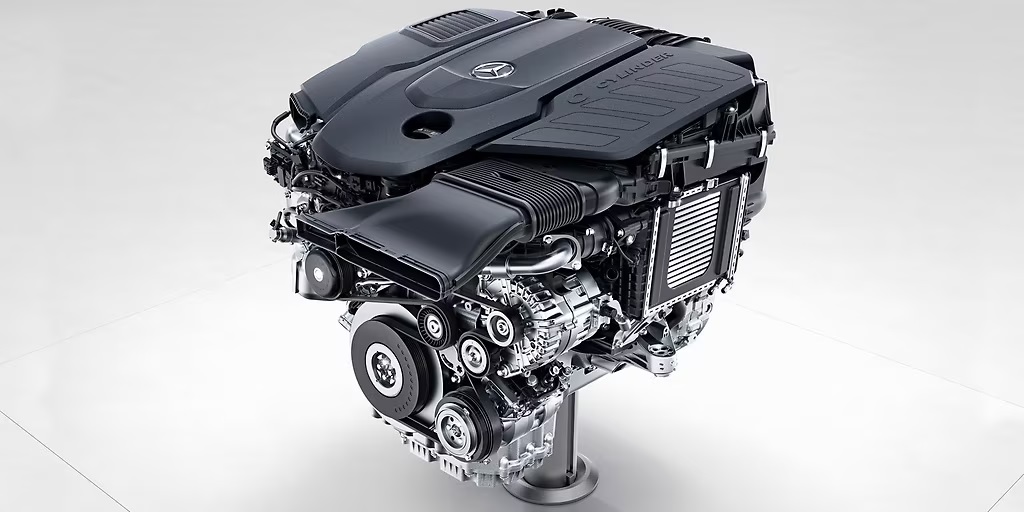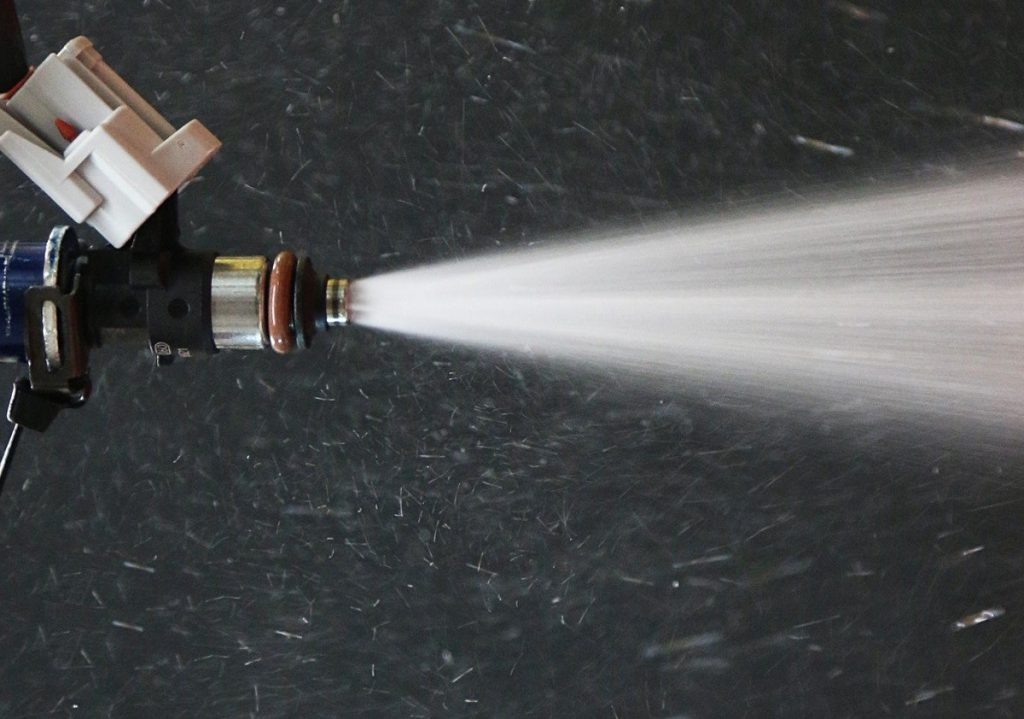
A Mercedes fuel injector problem sure spells a lot of hassle for car owners. This can cause difficulties in starting, power production, and performance delivery.
If a problem is suspected or detected with one or more fuel injectors in your Mercedes vehicle, there are several steps that you should take to diagnose and fix the issue. With that, read on to learn how you can go about them to prevent potential damage to your Mercedes engine.
How Fuel Injectors Work in Mercedes Vehicles

Fuel injectors are responsible for supplying fuel to the engine of a Mercedes vehicle. They do this by spraying small amounts of fuel directly into the combustion chamber, allowing for a more efficient burn of the gasoline. Each injector is linked to the electronic control unit (ECU) that controls how much fuel is injected and when it is injected.
Usual Signs of a Mercedes Fuel Injector Problem
Be mindful of the following signs of fuel injector failure in Mercedes because of the potential risks that can go with them. These factors could help you a lot in confirming the problem and zeroing in on the specific solution for it:
1. Decreased Fuel Efficiency
If your vehicle is exhibiting a decrease in its fuel efficiency, this could be an indication of faulty fuel injectors. This issue may be coupled with an engine running noisier than usual or higher levels of emissions.
2. Rough Engine Idle
A malfunctioning fuel injector can lead to an uneven distribution of air and fuel mixture, which results in a rough idling engine. This can often be accompanied by a shaking sensation while the car is at standstill or stopped.
3. Unusual Noises
As mentioned, you may hear strange knocking or thumping sounds coming from the engine. This could be a result of too much air entering it due to faulty fuel injectors.
4. Poor Acceleration
Faulty fuel injectors can make it difficult for the engine to accelerate properly. This can result in slow or jerky performance on the road.
Most Common Causes of Mercedes Fuel Injector Problems

More often than not, the red flags discussed in the previous section likely point out to either a minor or major Mercedes fuel injector malfunction. Here are the possible culprits triggering all your troubles:
1. Clogged Fuel Filter
A clogged-up fuel filter restricts the flow of gasoline, which may eventually cause damage to the fuel injectors and lead to their malfunction. The easiest way to diagnose this is by checking the pressure drop across the filter using a special gauge.
2. Worn-Out Seals
The seals around the fuel injectors can become worn out over time due to continuous exposure to heat and vibration from the engine. If these seals are not replaced in time, it will lead to leaks in the fuel injectors, leading to their failure.
3. Contaminated Fuel
If the fuel powering your vehicle is contaminated with dirt or debris, it can cause damage to the fuel injectors and lead to their eventual demise. The best way to diagnose this is by running a diagnostics test on your car’s engine.
4. Bad Spark Plugs
Old or malfunctioning spark plugs can interfere with the proper functioning of the fuel injectors, causing them to fail prematurely. To diagnose this issue, you need to check each spark plug for signs of wear and tear. Replace any faulty ones if necessary.
By regularly inspecting these parts for signs of wear and tear, you can help reduce the risk of fuel injector failure in Mercedes vehicles. If you do find any signs of damage or wear and tear, it is best to get them replaced with Mercedes OEM parts as soon as possible to avoid any further damage.
Tips to Prolong the Life of Mercedes Fuel Injectors
Regular maintenance checks can also go a long way in guaranteeing the longevity of your vehicle’s fuel injectors. Here are ways how you can ensure their proper operation to optimize the performance and life of your engine:
1. Regularly Check the Fuel Filter
The fuel filter should be checked periodically to ensure that there are no clogs or restrictions in the fuel line. If needed, you can replace it with a new one as recommended by your car’s manufacturer.
2. Change Engine Oil Regularly
Change your vehicle’s engine oil regularly to help reduce wear and tear on the fuel injectors and other parts of the engine. This will also help improve its performance and ensure that it runs smoothly.
3. Avoid Running Low on Fuel
Running low on fuel can damage or wear out your vehicle’s fuel injectors over time due to higher levels of air and stress being put on them when running near-empty tank levels. Make sure to refill the fuel tank when it gets too low.
4. Monitor the Fuel Pressure Regulator
The fuel pressure regulator should be checked periodically to ensure that it is operating correctly and releasing the correct amount of fuel into the engine. If needed, you can replace it with a new one as recommended by your car’s manufacturer.
5. Follow the Recommended Servicing Schedule of Mercedes Fuel Injectors
The regular wear and tear of your fuel injectors are influenced by a lot of factors. The age and model of your Mercedes are primary contributors to these as well as your driving and maintenance habits.
Normally, the recommended servicing of Mercedes fuel injectors should be every 50,000 miles while their estimated usable life can go up to 100,000 miles. Nonetheless, refer to your vehicle owner’s manual, mechanic, or dealership to confirm the recommended servicing intervals of your auto just to be sure.
Final Thoughts
By following these simple maintenance tips, you can help extend the life of your Mercedes fuel injectors and keep them in good working condition for years to come. Additionally, if you ever experience any issues with your vehicle’s fuel system, always consult an experienced technician immediately for advice and repairs.
Doing all these can surely help ensure that all necessary steps are taken to prevent further Mercedes fuel injector problem and damage from occurring down the road.



























